July 30, 2018
Citizen scientists go undercover to stop seafood fraud
Estimated reading time: 0 minutes
Earlier this year, over 100 citizen scientists collected seafood samples from grocery stores and restaurants across Canada to uncover seafood fraud and help put an end to it.
Seafood fraud is any activity that misrepresents the seafood being purchased. A particularly troubling form is substituting one type of fish for another. In some instances, cheaper, less-desirable and more readily available species are sold as more expensive ones; farmed products are sold as wild caught; and black-market fish are sold as legally caught.
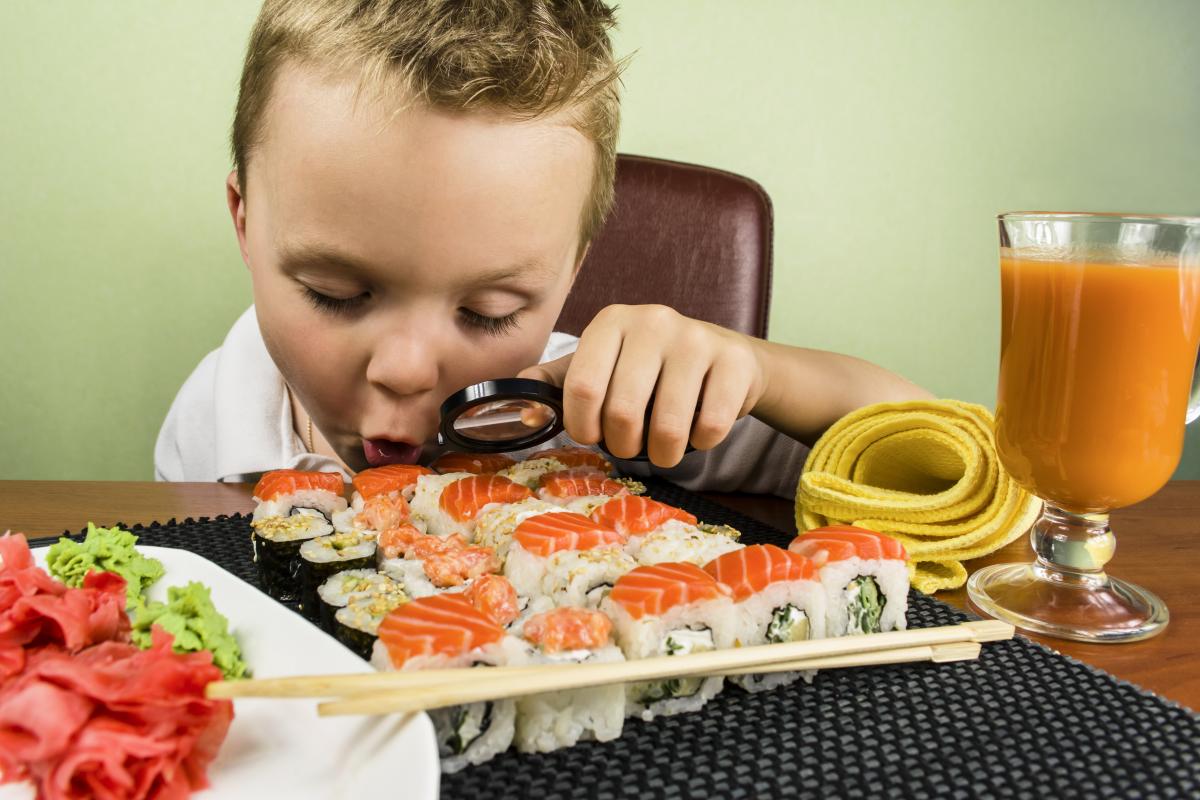
It is a global issue and Canada is no exception. Previous studies have found up to 41 per cent of samples collected from grocery stores and restaurants in Canada were mislabelled. Last year, we conducted a study in Ottawa and the results were staggering. We found seafood fraud in almost half of the samples tested.
After revealing such widespread seafood mislabelling in Canada’s capital, we travelled across the country investigating seafood fraud in Halifax, Vancouver, Victoria and Toronto with the help of over 100 citizen scientists. These Seafood Sleuths visited sushi bars, restaurants and grocery stores, collecting seafood samples and sending them to the LifeScanner lab for testing.
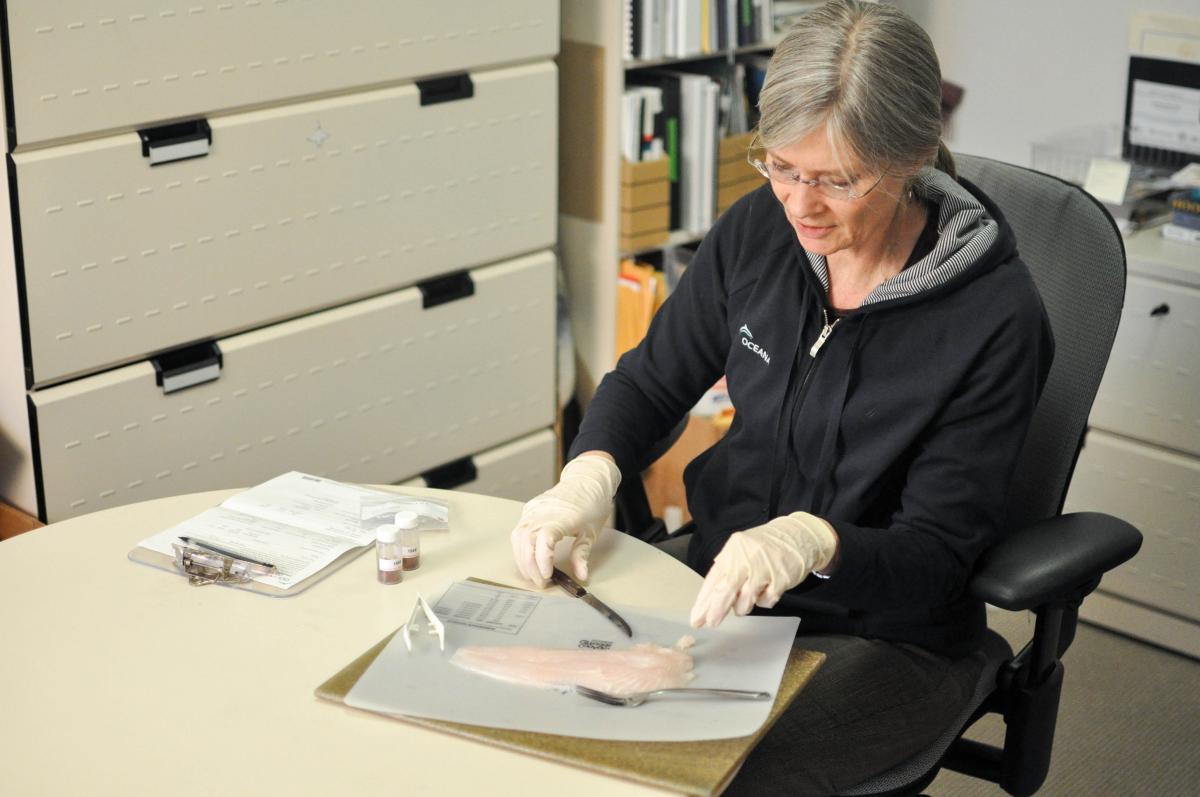
Who are these seafood heroes standing up of safer food? They are people from across the country who care about their health and the health of the oceans, and most of them are concerned that they have already been victims of fraud.
“It makes me feel sort of cheated, and I don’t know who to blame exactly,” says James Kennedy, Seafood Sleuth.
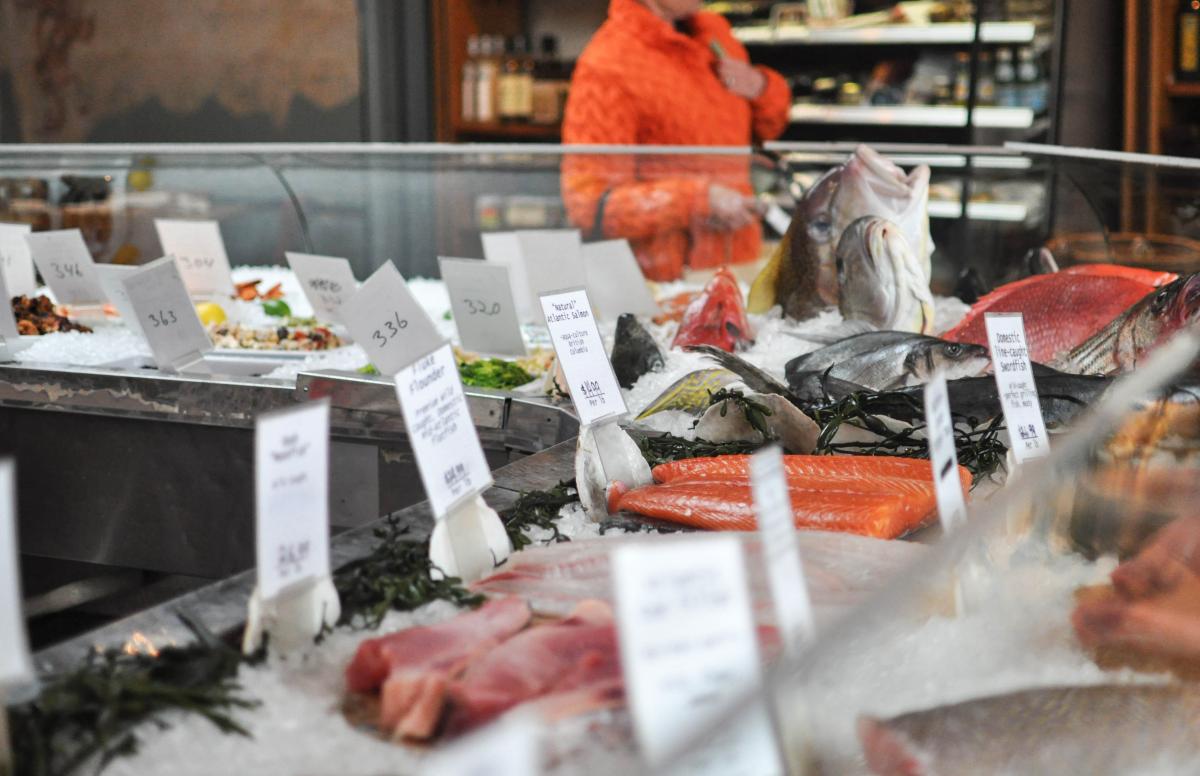
“I remember one outbreak of scombroid fish poisoning at a Toronto restaurant where the fish served as ‘white tuna’ was actually escolar,” says Jim Chan, Seafood Sleuth.
Escolar is known as the “laxative of the sea” because of the acute gastrointestinal symptoms it causes, such as diarrhea, vomiting and nausea. Our findings in Ottawa showed that four out of five samples of white tuna were actually escolar.
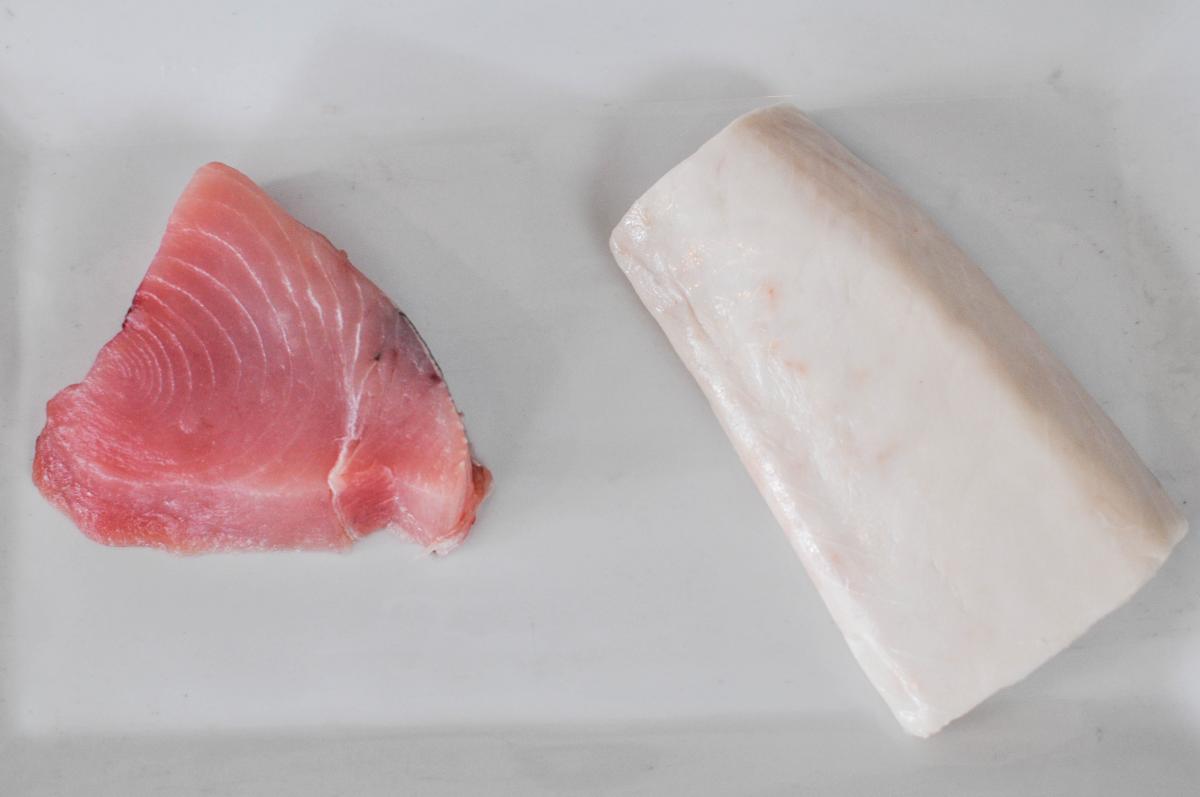
“I’m bothered that a less expensive fish is being sold at a higher price under a different name and I worry where the deception in that boat-to-plate pathway began,” says Craig Lund, Seafood Sleuth.
The current regulations in Canada make it almost impossible to figure out where fraud is occurring along the supply chain. CFIA’s new Safe Food for Canadians regulations miss the boat on seafood fraud and won’t stop the problem. The only way to stop seafood fraud is to demand full boat-to-plate traceability so that seafood can be tracked in every step of the supply chain.
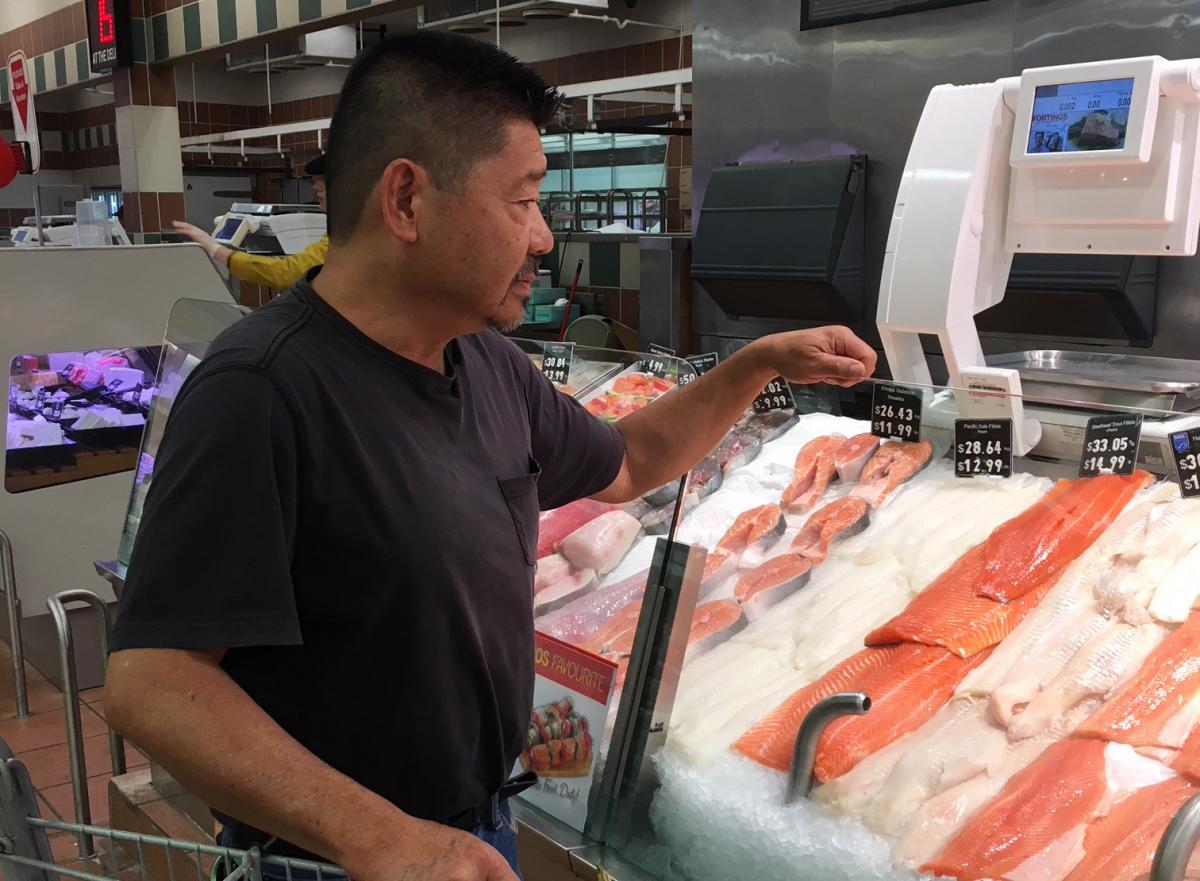
Seafood Sleuth Jim Chan shops for seafood in Toronto, Ontario.
This summer, Ocean Canada will release the largest study on seafood fraud in Canada; it will include our testing results plus findings from the Seafood Sleuths. You can be a part of uncovering fraud by staying connected with us and signing our petition to tell CFIA to #StopSeafoodFraud.
Seafood fraud hurts our health, our wallets and our oceans, but you can help put a stop to it. Join the Seafood Sleuths already working to ensure all seafood sold in our country is safe, honestly labelled and legally caught.
“I have a right to eat what I paid for, not what they’re substituting,” says Kennedy, “At the end of the day, it’s the system that requires oversight, not particular companies or individuals, because without oversight, who knows what we’ll be eating in the future?”

